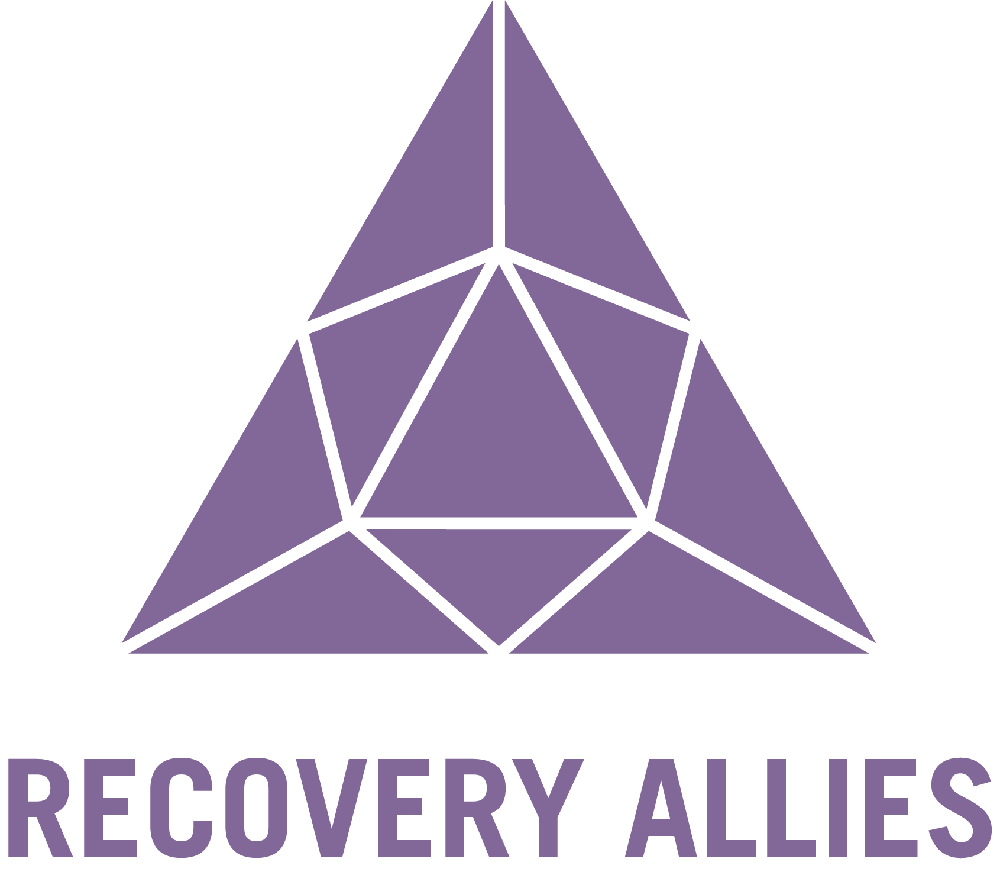Watch: Enabling, Part 1. What is it?
We have a new multi-part series premiering on our YouTube channel about enabling. Recovery Specialist Jason Farmer will be discussing the matter in-depth over the next few weeks. Part one of our series is identifying enabling. What is it and how does it occur? Please subscribe to our channel to be notified every time we upload new resources, give the video a “thumbs up” and share.
Transcript:
When I think about enabling, the topic of enabling, when I think about that, I'm reminded of what my teacher, Char Sundust, says in class. And that is, "Honesty without compassion is violence, but compassion without honesty is enabling," which is really challenging. Can I be honest in the situation when I'm trying to be helpful?
So when our family, when our loved ones are in crisis, we want to be helpful, and we want to give them... When we're saying, "Hey, what do you need? How can I be of support?" and they start telling you things, and you're like, "Oh, okay. I'll give you a ride here. Or I'll give you money for this, and I'll give you money for that." And that develops into its own pattern. And when our family members begin to evolve and grow like we want them to do and start to succeed, am I able to let go and let my loved ones experience life consequences? Am I encouraging my family members? Am I encouraging my loved one to take action to bring about positive change? Am I able to hold someone capable of providing for their own needs or taking responsibility for their own success?
That desire to help and to be of service can become its own addictive behavior pattern. And then I get to start asking myself an honest question. Can I be compassionately honest? Is it my agenda, or is it my loved one's agenda? When there's more than two people involved, there could be multiple agendas that are at play. And am I able to have that sort of challenging, authentic, open conversation around what are the creative solutions that we're looking for? What are the directions that we're trying to go in? Am I making the decisions for my loved one?
Say my loved one is in their thirties, and they're just coming to realize that they've been drinking too much, and they're about to lose their job, which means they're about to lose their house. How do I step in and help? What is an appropriate measure?
Do I pay their bills for them? Do I help them make the necessary changes in their livelihood to be able to live within their means? What happens? Am I asking my loved one what they need, and can I hear what they need and support what they need even if I think what they need is different from what they think? Maybe I have an agenda on what I think their life should be like, because maybe I've had experience with this. Maybe I've got a friend who their family went through the same thing, and I'm trying to take that experience and put it over this one. Because the recovery journey is very, very individual and very, very unique to not only the person, but to each family.
And so can I be open to being a conduit of support, encouragement, empowerment? Can I really be of service, or am I just coming in to try and fix? And sure, maybe at the beginning it's really great. They need that help. They need that hand-holding. Because sometimes I remember when I needed hand-holding. But there was a point in which the people who were holding my hands stopped. And I needed that. And there were some people who were still trying to be extra hand-hold-y. And it put me at a disadvantage because that part of me that wants to be taken care of and not have to do anything, and that part of me that wants to just shirk all my responsibilities was like, "Yeah, sure, I'll let you do it."
And sometimes that works for a minute. But as I come into my own body, as I begin to heal and make the journey of recovery, I come to start to need to make my own way and to make my own decisions.
